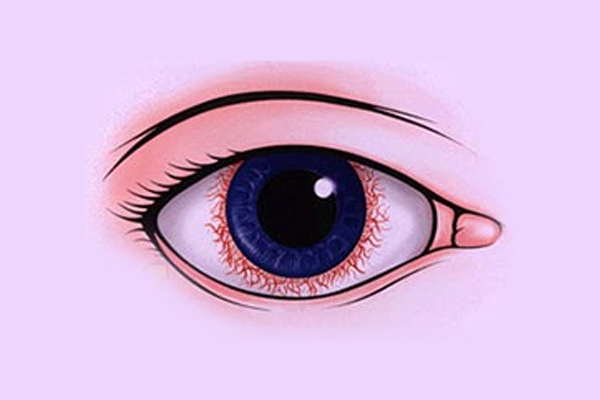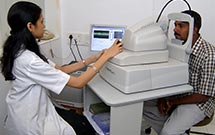
Uveitis most often inflames the iris (iritis). Since the iris opens and closes the pupil (the hole through which you see), any inflammation of this can cause pain and sensitivity to light. Often the eye becomes red. Vision may become blurred, or you may see spots floating in your eye. Uveitis can affect one or both eyes. Untreated, it can worsen and lead to more severe eye diseases, such as glaucoma or cataracts, or even loss of vision.
Uveitis may be related to an inflammation or disease elsewhere in the body. Your eye doctor will discuss your health history and examine you to help diagnose and treat your condition. Many other factors could cause the inflammation of the uvea, some of which are unrelated to the eye. These include:
It’s not always possible to find the cause of Uveitis. But you can help by telling your eye doctor as much as you can about your symptoms. Let your doctor know if anyone in your family has had Uveitis and if you have or have recently had any of the following:

Your eye doctor will examine the inside of your eyes with a special microscope called a slit lamp. The slit lamp allows the doctor to see any inflammation in the space in front of iris. Sometimes the inflammation causes the iris to stick to the front of the lens. Your eye doctor may also check your eye pressure to make sure you don’t have glaucoma and order blood tests, x-rays, or other tests to try to find the cause of your Uveitis.
Your eye doctor will prescribe medication to relieve your pain and other symptoms. If he has discovered the condition that is causing Uveitis, he may treat it or refer you to another medical specialist.

The pain and sensitivity to light usually go away within a few days.
Often the cause of Uveitis isn’t known, and your eye doctor can only treat the symptoms. If the cause is known, treatment will depend on the underlying condition. Your eye doctor may refer you to your primary care doctor or another specialist for evaluation and treatment.
Uveitis can recur without warning. With each attack, the chance of having another attack increases. Keep your medication at hand and call your eye doctor at the first sign of symptoms. Prompt treatment can help prevent permanent damage to your eye.
Copyright © 1987-2024 Ojas Eye Hospital All rights reserved | Privacy Policy
*Disclaimer: All information on www.lasikindia.com for informational purposes only and is not intended to be a substitute for professional medical advice, diagnosis, or treatment. Always seek the advice of your physician or other qualified health care provider.